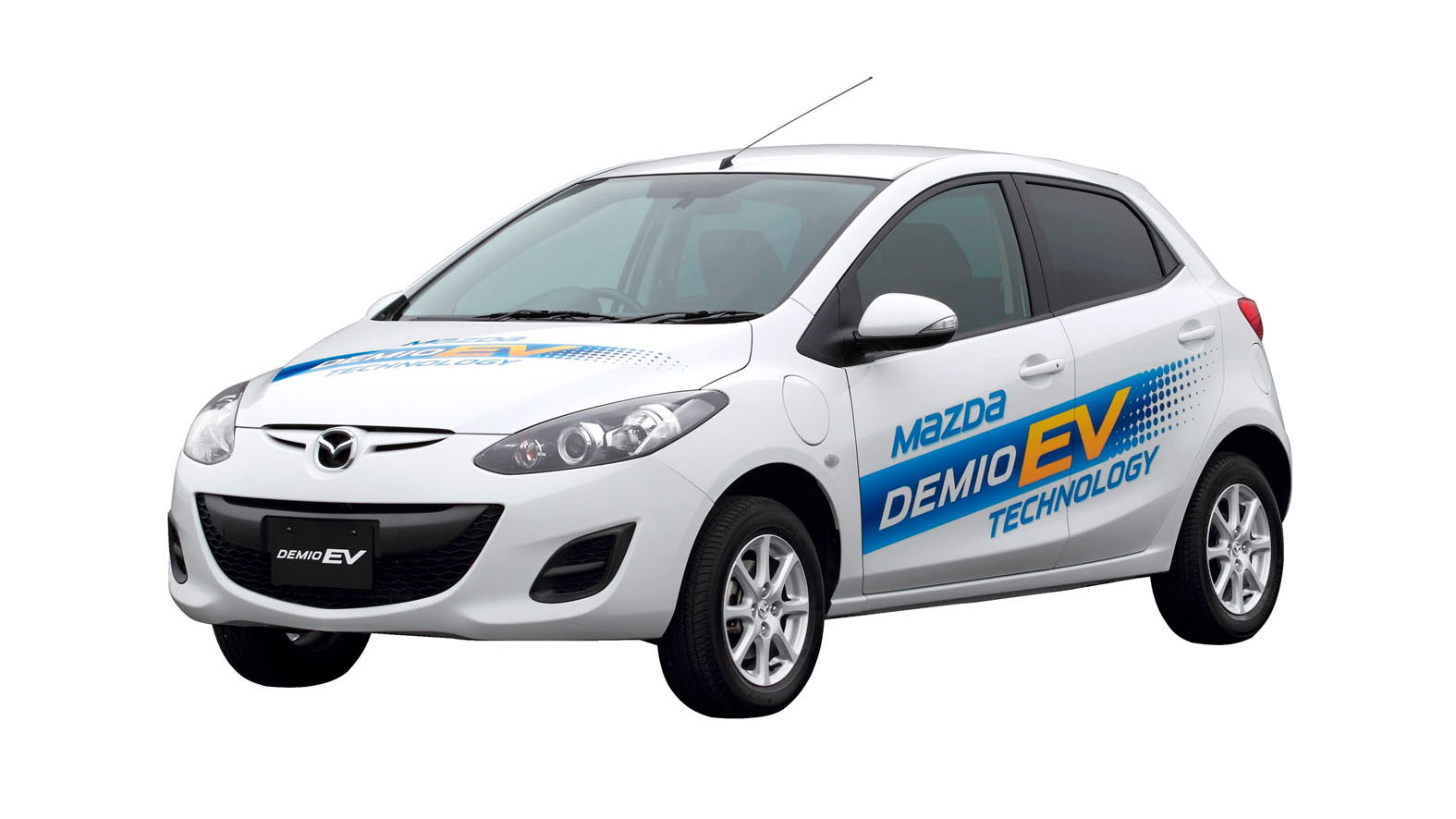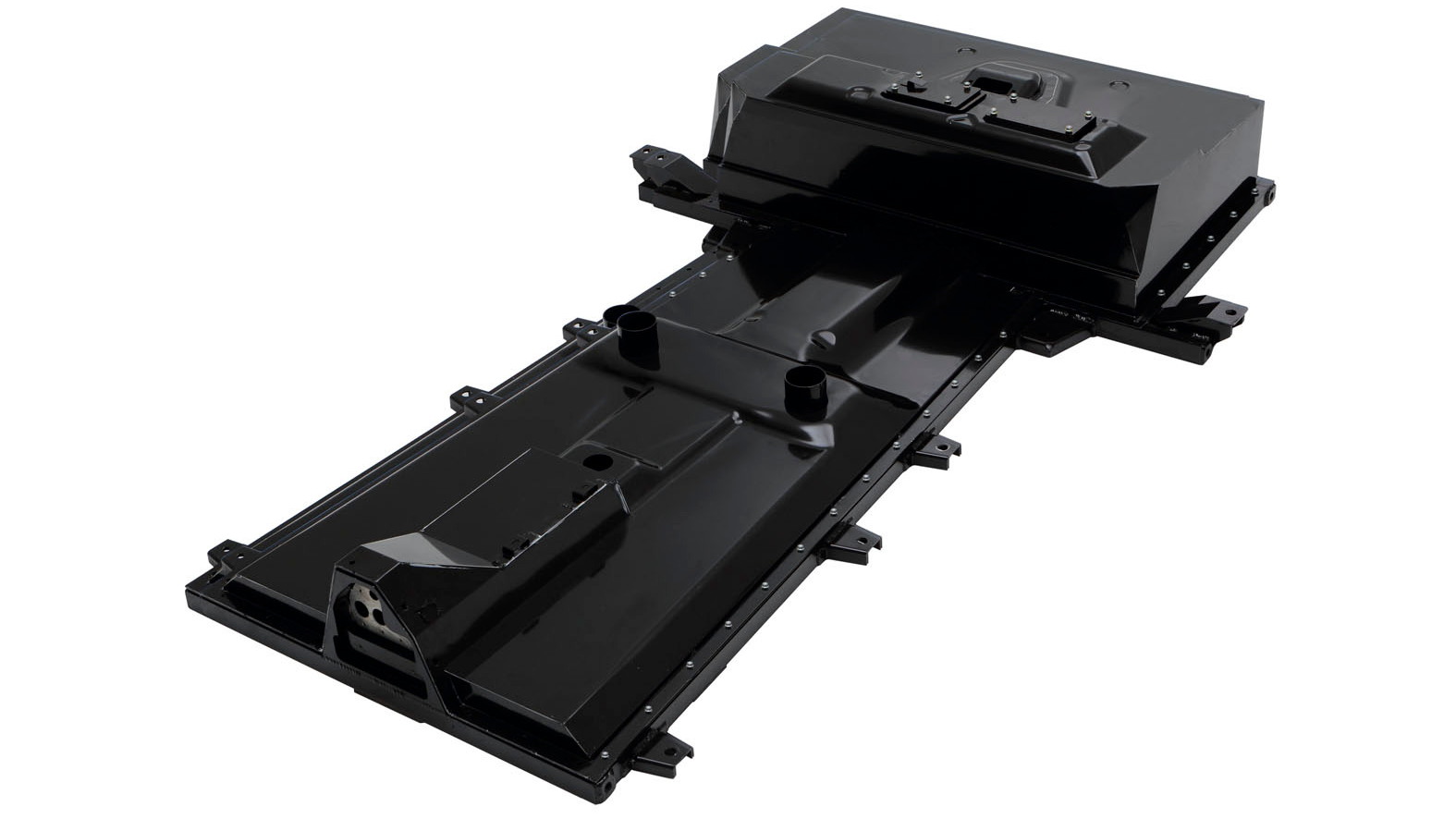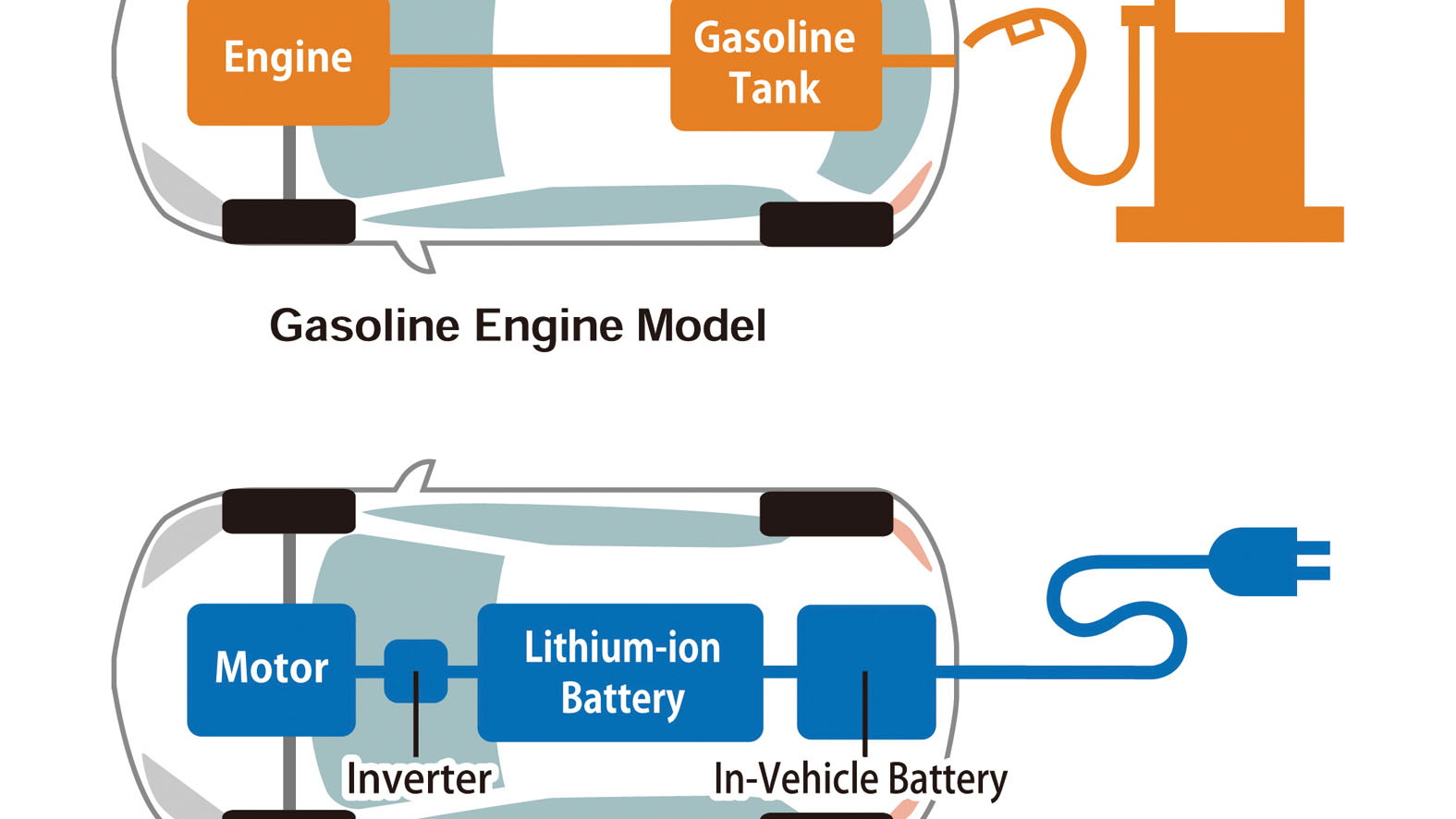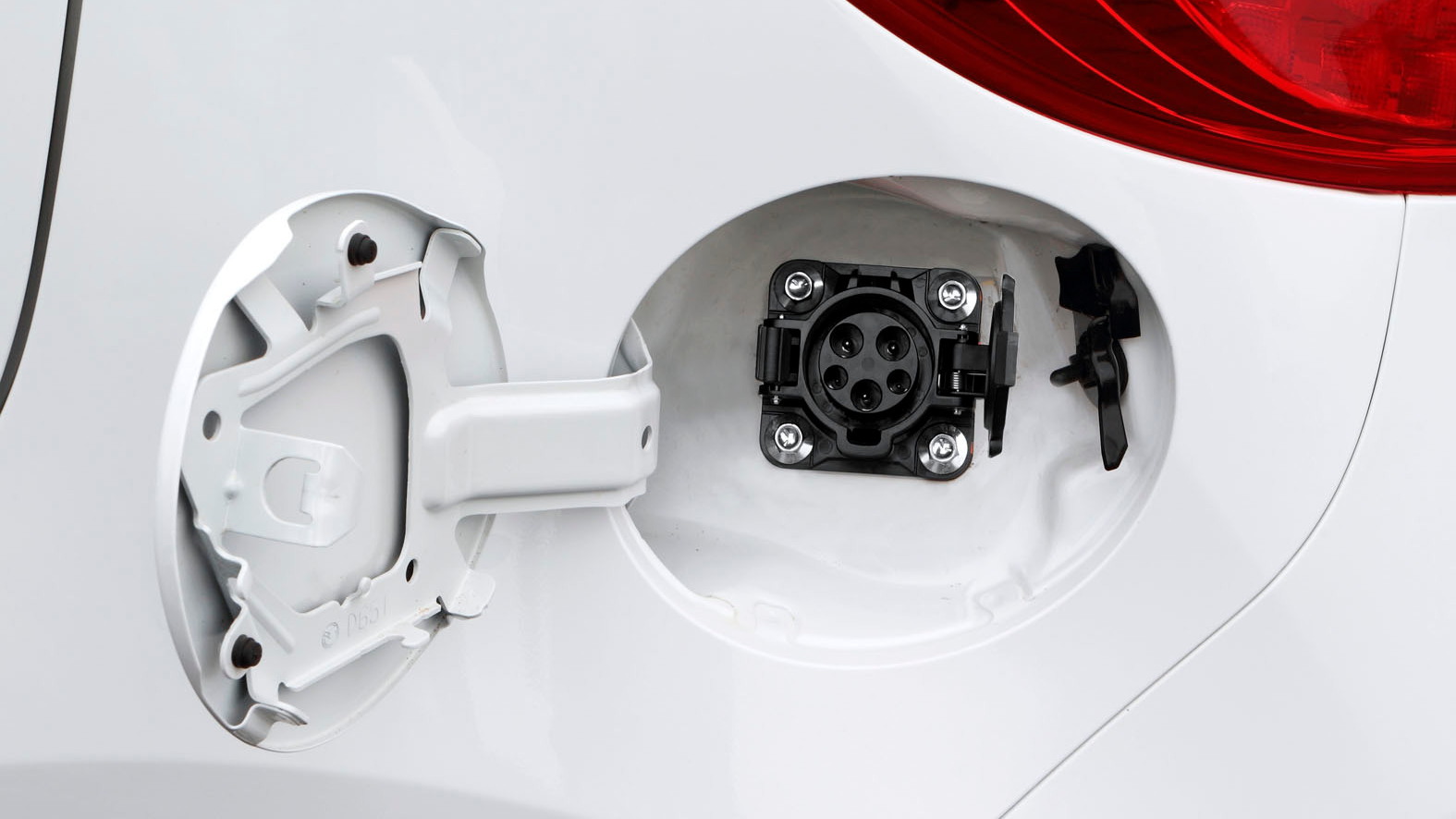Electric cars can be split into three basic groups.
There are the few models carmakers intend to sell in volume (e.g. Nissan Leaf), those that are only "compliance cars"--built solely to satisfy regulatory requirements--and, lastly, the "test fleet" cars, with which manufacturers gather real-world data on how drivers use electric cars in their daily routines.
Starting this October, a new test-fleet electric car will join the now-departed MINI E, the current BMW ActiveE, and a handful of others.
(There are presently more compliance cars--e.g. 2013 Honda Fit EV, 2012 Toyota RAV4 EV, Chevrolet Spark EV--than volume models)
The newest electric test-fleet vehicle is an all-electric Mazda Mazda2, known under its Japanese model name of Mazda Demio EV.
It will have a 20-kilowatt-hour lithium-ion battery pack, apparently made up of 18650-format commodity cells (based on material in the press kit).
That gives it a range on the Japanese test cycle of about 120 miles (200 km), Mazda says.
(Take that range number with a grain of salt, though, as the EPA test cycle used in the U.S. generally produces a lower range for plug-in cars than those in other regions.)
Mazda calls the electric motor that powers the car "unique"; it says it developed the motor in-house. The maximum output is 75 kilowatts (100 horsepower) and its torque is quoted at 112 lb-ft (150 Newton-meters).
In a subcompact that weighs 2,600 pounds (1,180 kg), that sounds like fun.
Mazda specifically cites the Demio EV's "exhilarating driving experience, including powerful acceleration, precise handling and a comfortable ride," and certainly that would be in line with the gasoline version.
By way of comparison, the 2013 Honda Fit EV has a 92-kW motor putting out 189 lb-ft of torque to move a car weighing 3,250 pounds with an EPA-rated range of 82 miles.
Mazda says the Demio EV takes 8 hours to recharge (which indicates a 3.3-kilowatt onboard charger).
The company also quotes just 40 minutes for an 80-percent charge when using quick charging, meaning the electric Mazda2 has a CHAdeMO quick-charge port, which is offered in this country on the Nissan Leaf and Mitsubishi 'i', but not on the Honda Fit EV.

Mazda Demio EV test-fleet electric car in Japan (aka Mazda2) - charging port
Mazda says its Demio EV maintains both the passenger space and cargo volume of the non-electric version.
The quoted price in Japan is $44,950 (¥3,577,000), but the company only plans to lease the car. That way carmakers can reclaim low-volume cars at the end of the test period, so they can be destroyed.
The light, lithe gasoline version of the little Mazda2 is a favorite of ours for its cheap, cheerful simplicity, its fun-to-drive character, and its fuel efficiency. So a battery electric version of the Mazda2 sounds like a winner to us.

Mazda Demio EV test-fleet electric car in Japan (aka Mazda2) - lithium-ion battery pack
Sadly, we won't see it here in the U.S. The Mazda Demio EV test fleet will be restricted to Japan, at least for the moment, to let Mazda gather that same real-world data that all the other makers are seeking as well.
The company plans to lease 100 Demio EVs in Japan only, largely to local governments and corporate customers in its headquarters region of Chugoku.
Mazda's engineers have historically been resistant to electrification, preferring to optimize gasoline and now diesel powertrains.
The company's sole hybrid to date has been the very low-volume and now discontinued Tribute Hybrid crossover, which was a rebadged old-style Ford Escape Hybrid.
Its latest fuel-efficiency technologies are grouped under the SkyActiv label, and they really do seem to produce results: we got excellent gas mileage in both a 2013 CX-5 crossover and a 2012 Mazda3 sedan fitted with new SkyActiv engines.
Meanwhile, we'll pine for what sounds like another small, sporty all-electric subcompact that we can't have.
+++++++++++
















